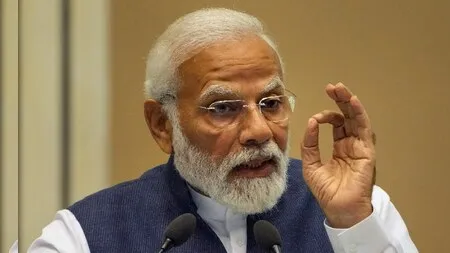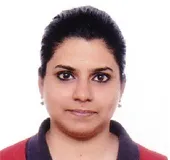India has a long history of engaging with other developing countries as a development partner. The founding principles of India’s development cooperation programme were based on its national movement and were of great significance in the post-World War II era. With economic progress, India’s development cooperation programme expanded rapidly from the mid-2000s onwards. The recent budgetary allocations made by the finance ministry highlight India’s growing development assistance in the immediate neighbourhood and beyond. For instance, about Rs 550 crore has been allocated to Nepal; conflict-ridden Afghanistan receives about Rs 200 crore of assistance, while Rs 400 crore has been set aside for the Maldives.
This article explores India’s engagement in a specific modality of development cooperation: trilateral cooperation. The term refers to projects and initiatives that combine the comparative advantages of OECD-DAC donors and southern countries to share knowledge and address development concerns in developing countries. There are three actors in trilateral partnerships — beneficiary partner (the country which seeks support to address a particular development concern); pivotal partner (the country which has proven experience in the concerned area); and facilitating partner (the country which provides financial and technical support to the collaboration between beneficiary and pivotal partners).
India’s earliest engagement in the triangular format was in the 1950s when it partnered with the United States of America and Canada for development projects in Nepal. However, its interest in triangular partnerships declined soon after. Between the 1970s and the early 1990s, India’s collaboration with Western donors waned as it focused its energies on shaping its own development cooperation model. The most significant steps towards trilateralism were undertaken from 2014 onwards, largely as a result of India’s greater engagement with the OECD countries. The signing of the ‘Statement of Guiding Principles on Triangular Cooperation for global development’ and the ‘Statement of Intent on Partnership for Cooperation in Third Countries’ with the US and the United Kingdom marked the beginning of a new phase when there was high-level political will in India to engage in triangular partnerships with OECD-DAC countries.
What were the main reasons for this change in India’s position on trilateralism? First, significant changes took place in the Western or OECD model of development partnerships. Donor-recipient hierarchies were slowly dismantled and the emphasis shifted to mutual learning, complementarity of development approaches, and benefits for all partners. Second, scholars like Sebastian Paulo assert that the growth of India’s economic power and its new status as a net provider of aid have made the country more confident of partnering with the OECD countries on an equal footing. But it is China’s growing influence, particularly in the Indo-Pacific region, that has made trilateral partnership with the West mutually attractive. However, India’s experience in trilateral partnerships has been lacklustre. Civil society organisations have executed several trilateral projects successfully but government-to-government projects have been less successful.
Although triangular cooperation offers many benefits, it faces several challenges. Most countries are reluctant to participate in trilateral projects because they entail adhering to norms and standards of two countries, spiking administrative costs. Triangular partnerships are also characterised by delays and implementation problems. For trilateral projects to succeed, all three actors have to improve coordination and implementation.
This commentary originally appeared in The Telegraph.
The views expressed above belong to the author(s). ORF research and analyses now available on Telegram! Click here to access our curated content — blogs, longforms and interviews.


